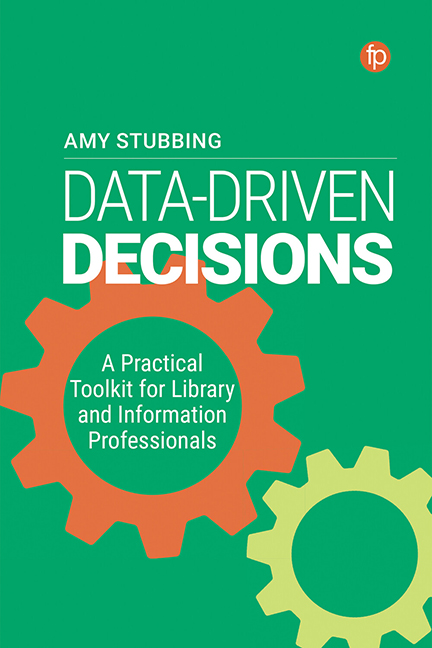9 - Moving from a Transactional to a Transformational Service Using Data
Published online by Cambridge University Press: 04 August 2022
Summary
Introduction
Good data can be one of the most powerful tools for a leader in developing and protecting the people and service they lead. This chapter focuses on data for leading people and will draw on personal experiences of creating a compassionate data-driven service. In the chapter I will illustrate why data is important, how it can be used, and why using data for management and a compassionate culture are not mutually exclusive. Finally, we will explore how to bring your colleagues with you in developing a data-driven culture.
Why lead with data?
Managers tend to have a certain degree of intuition about their service. They know what areas are operating beyond their expectations, whether a particular team is going above and beyond or if a team is just about doing enough and never more. Unfortunately, though, their bosses can't share this ‘gut’ feeling and it often can't be communicated.
Being able to use data to illustrate what your team is doing can be far more powerful than saying ‘my team is busy and we need more staff’ or ‘students are asking for a particular resource’. Data speaks to power in their language of benchmarking, cost analysis and usage statistics. However, it needs to be the right data. For example, when discussing how busy a team is it is more useful and meaningful to capture all the time taken rather than share only the volume of headline tasks.
More than anything, though, leading with data ensures that you make the right decisions. Intuition is subjective and can favour those who speak out loudest over the people quietly going about their work. Use your gut to push you in new directions but data will verify if your gut instinct is actually right and help you understand your service better. In essence, data takes away some of the subjectivity of the decision process and encourages fairness.
Transactional vs transformational work
The idea of transactional versus transformational leadership has been around since James MacGregor Burns described these styles of leadership in his book Leadership (Burns, 1978) and it isn't only management styles that can be seen as transactional or transformational. The daily work of colleagues in our teams is also often one or the other, or a combination of both.
- Type
- Chapter
- Information
- Data-Driven DecisionsA Practical Toolkit for Librarians and Information Professionals, pp. 85 - 96Publisher: FacetPrint publication year: 2022



